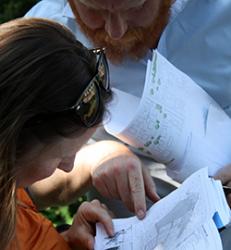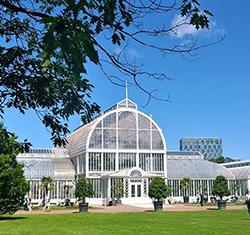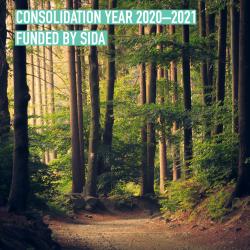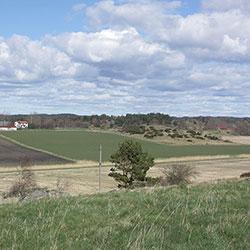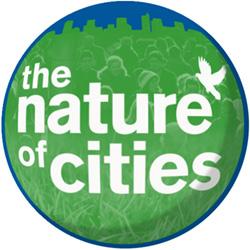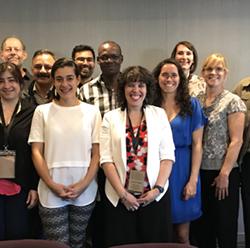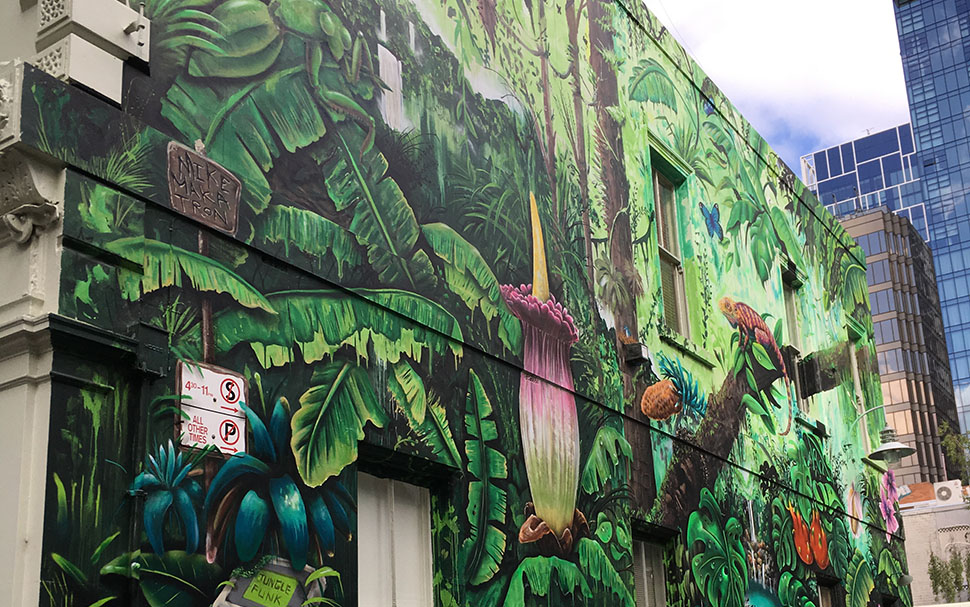
City-to-city learning lab
CITY-TO-CITY LEARNING LAB ON ECOSYSTEM-BASED PLANNING AND ADAPTATION
Project aims and approach
This project supports systematic city-to-city learning to foster ecosystem-based planning, climate adaptation and associated governance. The aim is to create a city-to-city learning lab that allows the participating municipalities to work in close cooperation with researchers from Lund University to: 1) systematically analyze, compare and learn from the integration of ecosystem- or nature-based approaches in their daily planning practice, and 2) assess associated stakeholder involvement and governance mechanisms.
In each municipality, one development project relevant for climate adaptation will be step-by-step analyzed – from the beginning (project idea) throughout detailed planning, procurement, implementation, maintenance and follow-up (monitoring and evaluation). Questions to be asked include: What are the principle planning steps during the process? When, how and why are ecosystem services considered? What are the associated planning structures, mechanism and tools that support ecosystem services integration? Who is involved, when and why? What are the structures, mechanism and tools that support internal and external cooperation and participation? What are the differences between the involved municipalities? What can we learn from them to advance ecosystem-based planning and adaptation?
The project was the outcome of a joint workshop organised by Mistra Urban Futures Skåne and the Skåne Association of Local Authorities in April 2017. It is based on the municipalities' joint identification of local needs and the desire for increased knowledge exchange in cooperation with academia.
Background
Urban areas are human-environment systems that depend fundamentally on ecosystems. The ecosystem services and nature-based solutions concepts have been proposed as new approaches for recognizing the dependence of human societies and their development on natural systems. Hopes for these concepts extend to a broadening of the focus upon the fundamental human relationship with nature and creating multiple benefits, such as human well-being, biodiversity and climate adaptation.
Consequently, sustainable urban development requires an understanding of the management of urban ecosystem services and its integration (or mainstreaming) in urban planning and governance. Ecosystem services implementation and mainstreaming has to take place at municipal level where international and national legislation and policies have to be translated into practice. However, ecosystem-based planning and associated governance is a challenging endeavor. Reasons include the fact that the ecosystem services and nature-based solution concepts were developed on an academic and theoretical level, and have (at least the former) a focus on the human-environment system and not upon existing administrative and political structures or societal institutions and processes. Accordingly, knowledge on associated governance processes that have the potential to support ecosystem-(or nature-)based planning and adaptation through (increased) involvement of internal and external stakeholders is scarce and fragmented.
The following video gives an overview on city-to-city lab on ecosystem-based planning and adaptation: https://www.youtube.com/watch?v=jbiw_E28SkQ.
More videos to watch on the theme:
Visit the project website: https://www.mistraurbanfutures.org/en/project/city-city-learning-lab
City-to-city Learning Lab videos 2019:
Sustainable Urban Transformation for Climate Change Adaptation (12:10)
Content: Introduction of mainstreaming nature-based solutions in urban governance and planning.
City-to-city learning lab on nature-based planning and adaptation – Overview (07:30)
Content: Short intro & short description of all 5 municipalities involved.
Eslöv Municipality and the city-to-city learning lab on nature-based planning and adaptation (5:24)
Content: Short intro & example of workshop with municipality of Eslöv.
Höganäs Municipality and the city-to-city learning lab on nature-based planning and adaptation (5:14)
Content: Short intro & example of workshop with municipality of Höganäs.
Kristianstad Municipality and the city-to-city learning lab on nature-based planning and adaptation (5:35)
Content: Short intro & example of workshop with municipality of Kristianstad.
Lomma Municipality and the city-to-city learning lab on nature-based planning and adaptation (05:55)
Content: Short intro & example of workshop with municipality of Lomma.
Malmö Municipality and the city-to-city learning lab on nature-based planning and adaptation (6:37)
Content: Short intro & example of workshop with municipality of Malmö.
